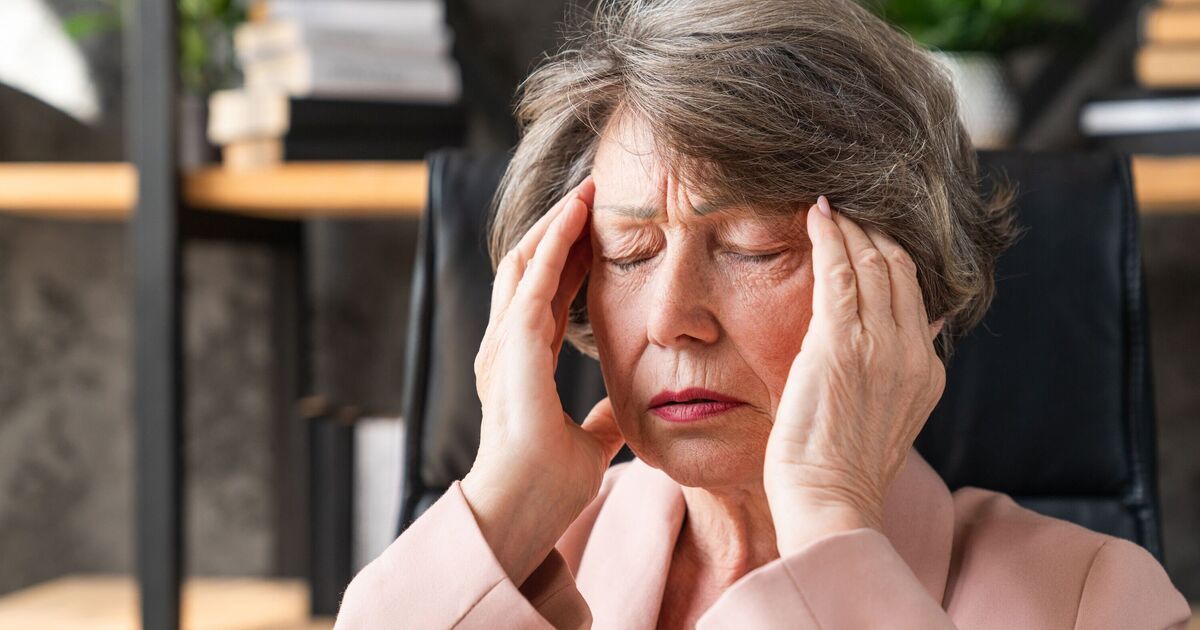Life’s traumatic events don’t just cause stress, they could also increase your risk of developing Alzheimer’s, according to a new study.
The research found that individuals who had experienced significant trauma, such as a divorce or bereavement, at a young age were more likely to show symptoms of the disease than those who had not.
The scientists discovered this by analysing spinal fluid samples from participants and found that those with higher stress levels had more proteins associated with Alzheimer’s Disease in their bodies.
However, it was noted that this correlation only applied if the stressful events occurred during childhood or middle age.
Despite years of extensive research and nearly seven million Americans currently living with Alzheimer’s, the exact cause of the disease remains unknown.
READ MORE: ‘Hundreds’ fall ill in seaside town as probe launched into disease outbreak
There is some evidence suggesting it could be genetic, while other studies point towards environmental factors.
What is known, however, is that when someone is developing Alzheimer’s, their body starts producing significantly more of two types of proteins – amyloid and tau.
In a recent study published in the American Neurological Association’s Annals of Neurology, Spanish researchers have found that stressful events early or mid-life can lead to higher amounts of amyloid and tau in the spinal fluid.
Carol Opdebeeck, a senior lecturer in psychology at Manchester Metropolitan University, UK, wrote in The Conversation that this is evidence that “stressful life events, such as the death of a loved one or divorce, put a person at greater risk of developing dementia in later life”.










